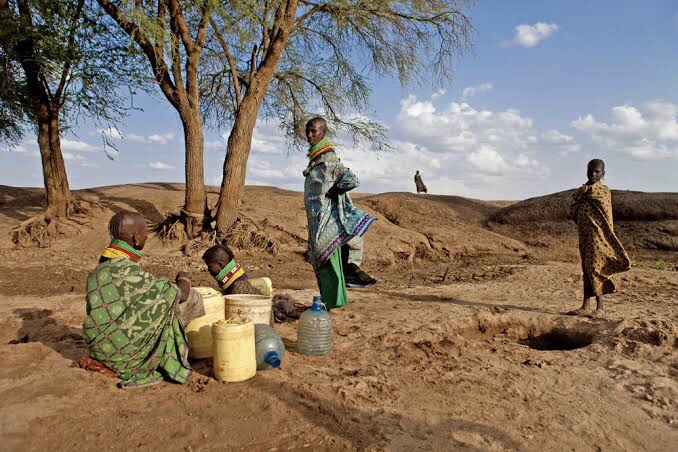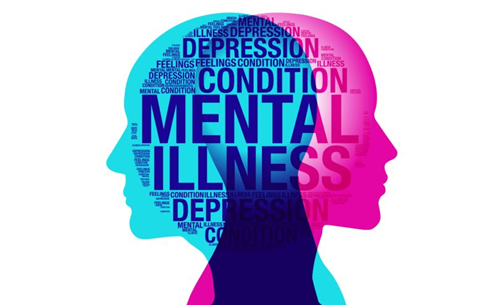
Avellon Williams
TRINIDAD AND TOBAGO- It has been reported that good general health and social care contribute to promoting the health of older people, preventing diseases, and managing chronic illnesses, according to the World Health Organization (WHO).
The WHO recommends that all health care providers be trained to treat issues and conditions associated with aging to provide effective, community-level primary mental health care for older individuals. According to the report, it is equally important to provide the caregivers with education, training, and support so that they in turn can provide long-term care for older adults with mental illness.
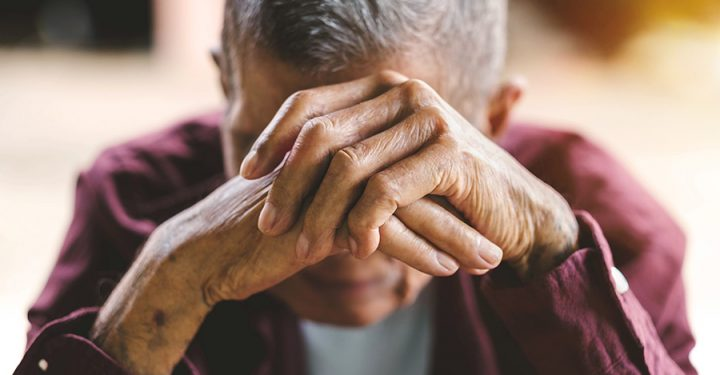
The world health body stated that ensuring the highest quality of care for people with mental illness and their caregivers requires a supportive legislative environment based on internationally recognized human rights principles.
According to an article about aging on the WHO’s website, “The WHO supports governments to strengthen and promote the mental health of older adults and to include effective strategies in policy and plan development. The World Health Assembly adopted a global strategy and action plan on aging and health in 2016. According to this global strategy, one of the objectives is to align health systems with the needs of older populations regarding mental as well as physical health.”

Adding that key actions include: developing and ensuring affordable access to quality aged-person-centered and integrated clinical care; and training, deploying, and managing a health workforce appropriately.
As stated by the United Nations, “Comprehensive Mental Health Action Plan for 2013-2020” is a commitment by all WHO member states to take specific actions to promote mental well-being; prevent mental disorders; provide care; enhance recovery; promote human rights; and reduce the mortality, morbidity, and disability for people with mental disorders, including in older adults.
Specifically, it focuses on four key objectives:
1- Strengthen effective leadership and governance for mental health;
2- Provide comprehensive, integrated, and responsive mental health and social care services in community-based settings;
3- Implement strategies for the promotion and prevention ofmental health; and
4- Strengthen information systems, evidence, and research for mental health.
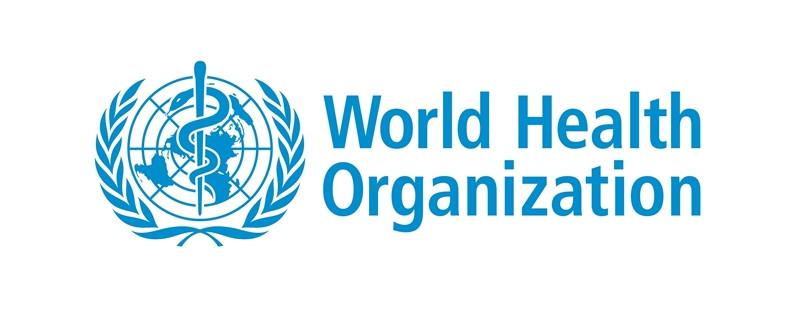
The WHO Mental Health Gap Action Programme (mhGAP) addresses depression, psychoses, suicide, epilepsy, dementia, and substance use disorders by providing guidance and tools to improve the quality of health care for mental, neurological, and substance use disorders in resource-limited areas. For each of these priority health conditions, mhGAP provides interventions for prevention and management in non-specialized health settings, including the ones for older adults.
Alzheimer’s disease is recognized as a public health challenge by WHO, which published a report called Dementia: A Public Health Priority to advocate for international and national action. The organization organized the First Ministerial Conference on Global Action Against Dementia in March 2015, which promoted a better understanding of the health and economic challenges posed by dementia, and resulted in a “Call for Action” that was supported by conference participants.
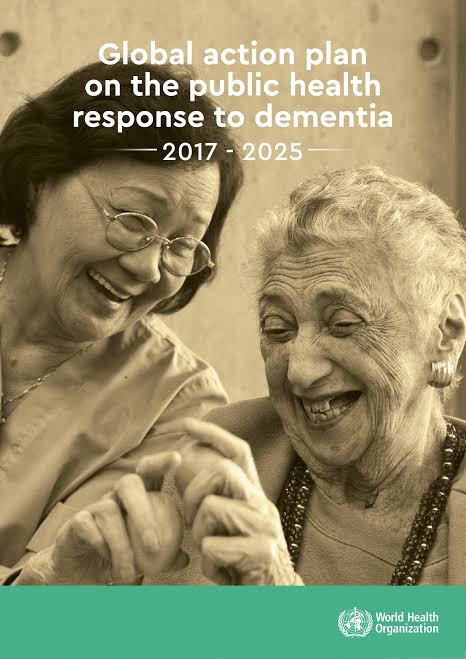
A global action plan for the public health response to dementia was endorsed by the World Health Assembly in May 2017. The plan lays out a comprehensive blueprint for action – for policymakers, international, regional, and national partners, and WHO – to increase awareness and establish dementia-friendly initiatives as well as to reduce the risk of dementia, to better diagnose and treat dementia, and support dementia carers.
The program aims at improving the lives of people with dementia, their carers, and families, as well as to reduce dementia’s impact on communities, countries, and individuals.
As part of the operationalization of the plan, the Global Dementia Observatory was established to facilitate the monitoring and sharing of information on dementia policies, service delivery, epidemiology, and research.



